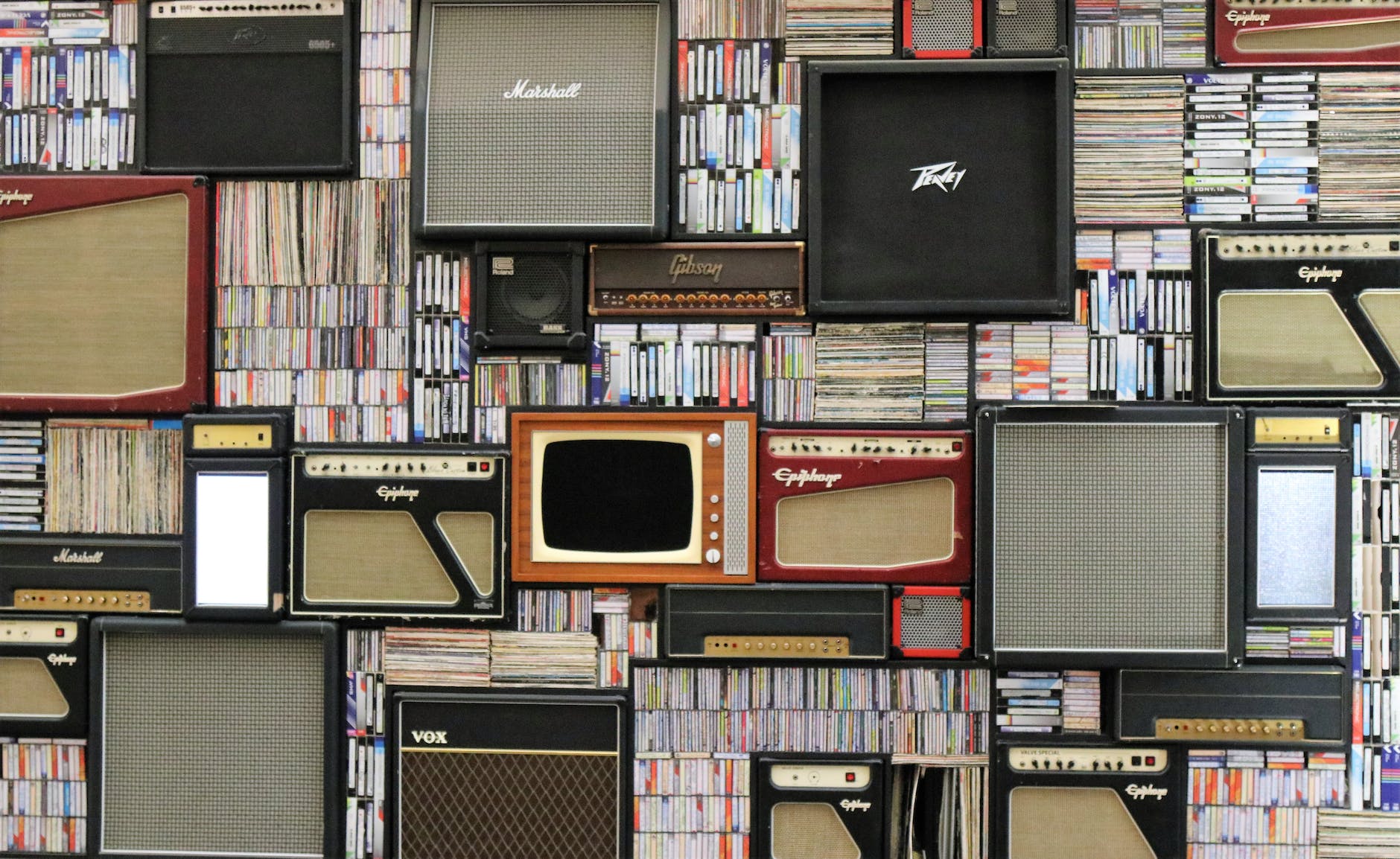Introduction to the World of Reality TV
Reality TV, a genre that has permeated our daily lives and conversations, has become a cultural phenomenon of epic proportions. Whether it’s cooking shows, talent competitions, celebrity lifestyles, or the bizarre and outrageous antics of reality stars, reality TV has a grip on viewers worldwide. This genre offers a unique form of entertainment that blurs the line between fact and fiction, providing a voyeuristic lens into the lives of others.
As a devoted viewer and a keen observer, I’ve often found myself captivated by the sheer magnetism of reality TV. It’s a genre that has exploded in popularity over the past two decades and shows no signs of slowing down. But what is it about reality TV that draws us in? What keeps us hooked, episode after episode, season after season? In the following article, we will delve into the essence, the evolution, and the influence of reality TV and attempt to understand our collective fascination with this genre.
Defining Reality TV
Reality TV, as the name suggests, is a genre of television programming that documents unscripted real-life situations, often featuring ordinary people as well as celebrities. It’s a form of entertainment that’s defined by its unpredictability, its rawness, and its claim to portray “real-life” scenarios.
The appeal of reality TV lies in its fundamental premise: the allure of the unscripted, the authentic, the real. It offers a window into the lives of others, allowing viewers to experience different lifestyles, situations, and personalities from the comfort of their homes. The notion of “real” people facing “real” situations makes reality TV relatable and engaging, creating a sense of connection between the viewers and the participants.
However, despite the name, reality TV isn’t always as “real” as it claims to be. There’s often a considerable amount of staging, scripting, and editing involved in the production of these shows. This raises pertinent questions about the authenticity of reality TV and its portrayal of reality.
The Evolution of Reality TV
Reality TV has come a long way since its inception. What started as a novel concept in the late 20th century has evolved into a global sensation, permeating every corner of the television landscape.
The birth of reality TV can be traced back to the 1970s with shows like ‘An American Family,’ which documented the daily life of the Loud family. However, it wasn’t until the late 1990s and early 2000s that reality TV exploded onto the mainstream. Shows like ‘Survivor,’ ‘Big Brother,’ and ‘The Osbournes’ captured the public’s imagination, setting the stage for the reality TV boom.
Over the years, reality TV has branched into various sub-genres, each catering to different tastes and preferences. From talent competitions and dating shows to cooking contests and home renovation series, reality TV covers a wide spectrum of themes and formats.
The Psychology Behind the Appeal of Reality TV
The appeal of reality TV is not just about entertainment; it’s intricately linked to human psychology. Reality TV taps into our innate curiosity about other people’s lives, our desire for social comparison, and our need for emotional engagement.
Reality TV allows us to observe human behavior in its unfiltered form, satisfying our voyeuristic tendencies. We get to witness the triumphs, failures, conflicts, and emotions of others, which can be both intriguing and entertaining.
Furthermore, reality TV often features ordinary people facing extraordinary situations. This provides viewers with a platform for social comparison, allowing them to measure their lives, actions, and decisions against those portrayed on the screen. This can lead to a sense of validation when the participants’ actions align with the viewers’ beliefs or a sense of superiority when they don’t.
Moreover, reality TV elicits an emotional response from viewers. The trials and tribulations of the participants, their interpersonal relationships, and their personal journeys engage viewers on an emotional level, creating a connection that keeps them coming back for more.

The Cultural Impact of Reality TV
Reality TV has had a profound impact on culture, shaping societal norms and perceptions. It has introduced new phrases into our lexicon, launched ordinary people into stardom, and influenced fashion, lifestyle, and consumer trends.
Reality TV has also played a significant role in highlighting diverse voices and narratives. It has given a platform to individuals from various backgrounds, cultures, and lifestyles, fostering a greater understanding and acceptance of diversity.
However, the cultural impact of reality TV isn’t entirely positive. It’s often criticized for promoting materialism, superficiality, and a culture of instant fame. Furthermore, it’s accused of perpetuating harmful stereotypes and unrealistic expectations, influencing viewers’ perceptions and behaviors in potentially detrimental ways.
Reality TV: A Mirror or a Distortion of Society?
The portrayal of reality on reality TV is a contentious issue. While some argue that reality TV reflects society, others contend that it distorts reality, presenting a skewed version of life that’s meant for entertainment.
Reality TV does mirror certain aspects of society. It showcases a diverse range of personalities, experiences, and situations, reflecting the complexities and intricacies of human life. It also brings to the fore societal issues and trends, encouraging dialogue and debate.
However, the portrayal of reality on reality TV is often manipulated for dramatic effect. Situations are staged, moments are edited, and narratives are constructed to create compelling television. This paints a distorted picture of reality that can mislead viewers and shape their perceptions and expectations of real life.
The Influence of Reality TV on Viewers and Society
Reality TV wields considerable influence over viewers and society. It can shape attitudes, behaviors, and perceptions, impacting how viewers perceive themselves and the world around them.
Research has shown that heavy viewers of reality TV are more likely to believe in the reality portrayed on these shows and are more influenced by the behaviors and attitudes presented. This can lead to changes in their own behavior and attitudes, influencing their decisions and actions.
Moreover, reality TV can have societal implications. It can bring societal issues into the spotlight, influencing public opinion and sparking social change. However, it can also perpetuate harmful stereotypes and ideologies, contributing to societal problems.
“Reality TV: where the line blurs between the real, the reel, and the surreal. Here’s to the unseen heroes behind the scenes, crafting chaos into captivating tales. Their artistry turns the ordinary into extraordinary drama, and everyday people into stars. #RealityTV #BehindTheScenes”
The Role of Reality TV in Shaping Perceptions
Reality TV plays a significant role in shaping perceptions. The way individuals, relationships, and situations are portrayed on these shows can influence viewers’ perceptions of reality.
For instance, reality TV often portrays conflict and drama as integral aspects of human relationships. This can shape viewers’ expectations of their own relationships, leading them to believe that conflict and drama are normal and necessary.
Furthermore, the portrayal of success and failure on reality TV can shape viewers’ perceptions of their own capabilities and worth. The glorification of success and the vilification of failure can lead to unrealistic expectations and pressure, affecting viewers’ self-esteem and mental health.
The Future of Reality TV
Despite the criticism and controversy, the future of reality TV looks promising. The genre continues to evolve and innovate, adapting to changing viewer preferences and technological advancements.
The advent of streaming platforms has revolutionized the way we consume reality TV, offering a plethora of content at our fingertips. This has led to a surge in the production of reality TV shows catering to diverse tastes and interests.
Furthermore, the use of technology in reality TV is set to increase with the incorporation of virtual reality, augmented reality, and interactive elements. This is expected to enhance the viewing experience, making reality TV more immersive and engaging.

Conclusion: Why Our Fascination with Reality TV is Here to Stay
Our fascination with reality TV is deep-rooted and enduring. This genre taps into our inherent curiosity about human behavior, our need for social comparison, and our desire for emotional engagement. Despite its flaws and criticisms, reality TV continues to captivate viewers worldwide, offering a unique form of entertainment that’s both relatable and engaging.
The future of reality TV is bright, with new formats, technologies, and platforms on the horizon. As long as our fascination with human behavior persists, our love for reality TV is here to stay. So, sit back, relax, and enjoy the ride, as the world of reality TV continues to evolve and entertain.
Unraveling the Brilliance of Diamond Rap Albums: A Deep Dive





